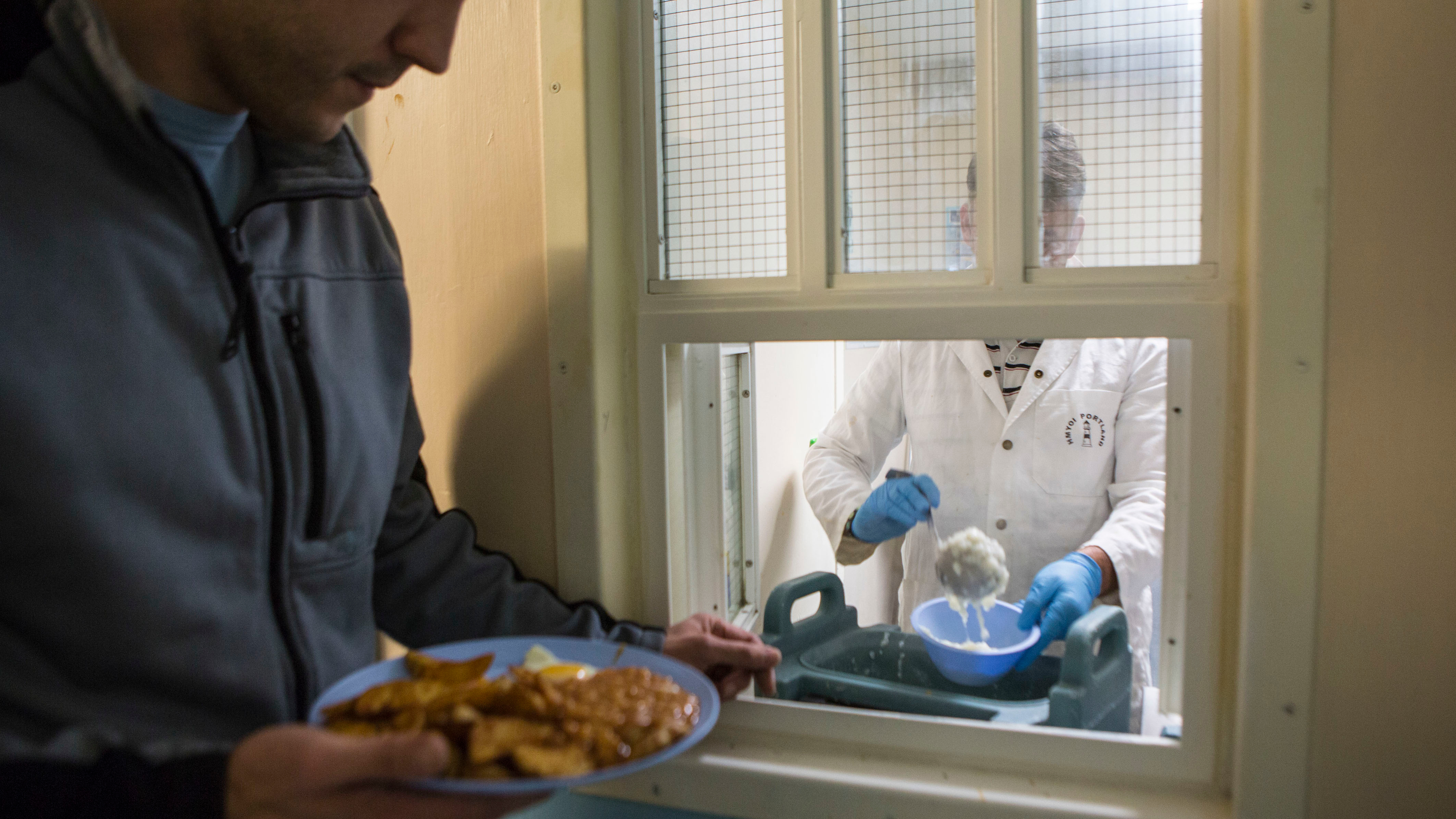Alabama Bars Sheriffs From Pocketing Excess Prison Food Funds, Which Was Totally Legal Yesterday
Back in April, an extensive investigation by AL.com brought a decades-old Alabama law to national attention. In essence, the law allowed Etowah County Sheriff Todd Entrekin and others to personally pocket the "excess" funds in the prison food budget. Entrekin spent that cool $750,000 on lavish beach houses. Legally. Now, The New York Times reports Alabama's governor has removed her monocle, dusted off her quill pen, and signed a memo stating that excess state funds related to jail food must be returned to other government entities or the state's general fund, not to sheriffs' personal bank accounts.
"Public funds should be used for public purposes," Governor Kay Ivey said in a statement on Wednesday. "It's that simple."
(Before we go heaping too much praise on Gov. Ivey, she's also nominated President Trump for a Nobel Peace Prize. So, mixed bag.)
According to the Times, the previous system has long been under fire by critics who say it encourages sheriffs to cut corners and provide inadequate food to prisoners in order to pocket the savings. Prisoners in Dozens of sheriffs face a lawsuit from the Southern Poverty Law Center over the practice, and one Alabama inmate told AL.com that he'd unpacked prison-food ingredients that were labelled unfit for human consumption.
Advocates for improved prison conditions hope the governor's order may bring about improvements, but some are still skeptical because they say the memo only covers certain types of payment related to prison food. According to the Times, Gov. Ivey has asked the state's Legislature to consider rewording the Depression-era statute that made the practice legal in the first place.
